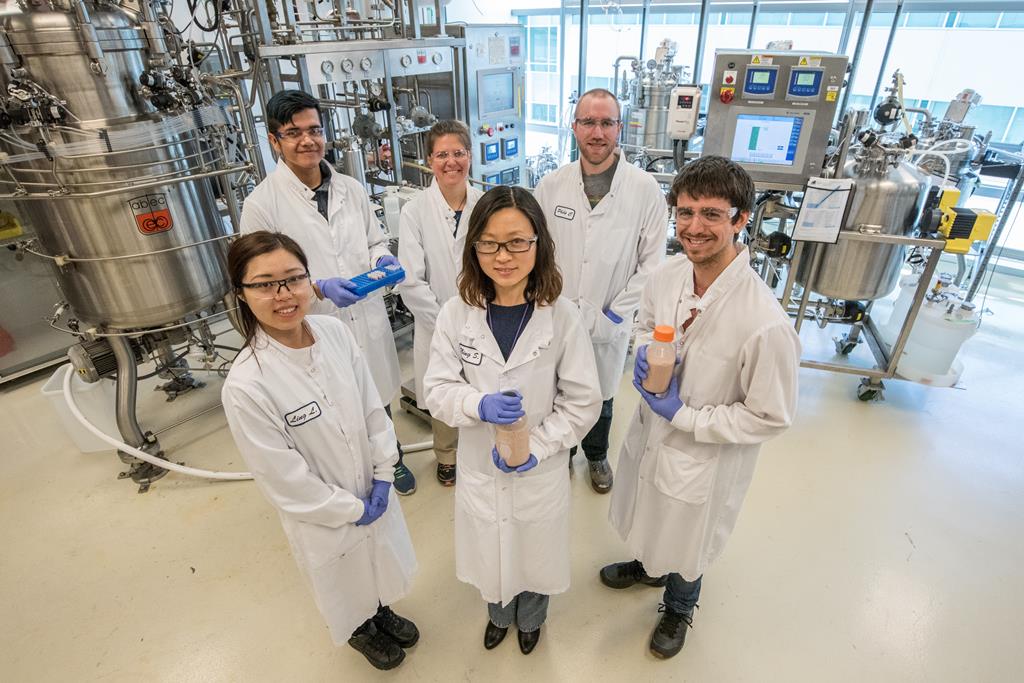Funding & Grant Proposals Support
Funding success leads to project success.
No matter the funding you seek to access — venture capital, debt financing, government support, or strategic partners with collaboration funding — we can help you acquire funding and collaboratively optimize and scale-up your product processes.

How to Get Funding
Applying for government funding can be an overwhelming and complicated process. As a U.S. Department of Energy (DOE) facility, we have a strong network with various federal agencies.
We’ve helped several companies apply for and access funding through the DOE itself, as well as the National Science Foundation, the U.S. Department of Agriculture, and the Defense Advanced Research Projects Agency.
The ABPDU staff evaluates opportunities and, where appropriate, provides letters of support, guidance for applicants, and proposal co-authorship. Support of grant applications ensures good alignment with the capabilities ABPDU can offer and the needs of the application. This helps ensure our partners are able to submit the best possible proposal.
Examples of collaborative research projects:
- Together with the National Science Foundation, Agile BioFoundry, and the University of Wyoming’s Grant Bowman, we are working to advance research in bacterial stem cells. This research has clear applications for enhancing biodiesel production from lignocellulosic feedstocks, among many others.
- ABPDU collaborated on research that developed a streamlined and efficient process for converting woody plant matter like forest overgrowth and agricultural waste – material that is currently burned either intentionally or unintentionally – into liquid biofuel. We are working with Aemetis to commercialize the technology and launch it at larger scales once the pilot phase is complete.
- The DOE’s Office of Technology Transitions (OTT)’s Technology Commercialization Fund (TCF) leverages R&D funding in the applied energy programs (including electricity, energy efficiency, renewable energy, fossil energy, cybersecurity, and nuclear energy) to promising energy technologies with the potential for high impact. All TCF projects require matching funds from non-federal sources that cover half of all project costs, though not all the funds have to be in the form of cash; time and equipment costs count towards the matching funds. ABPDU has been awarded two TCF projects to date, with one related to lignin valorization to ionic liquids, and one for scale-up and flight testing of sustainable aviation fuel.
- The Agile BioFoundry’s competitive Funding Opportunity has resulted in a number of research projects where ABPDU staff supported applicants by helping to articulate budgets, descriptions of resources, and research plans. For example, work with Industrial Microbes is now leveraging the ABPDU’s nascent and highly sought after capabilities in gas fermentation.